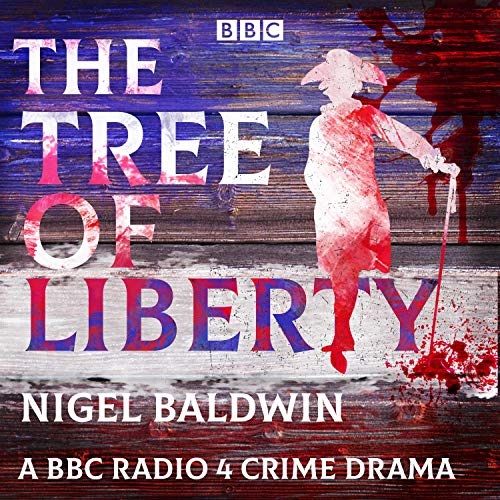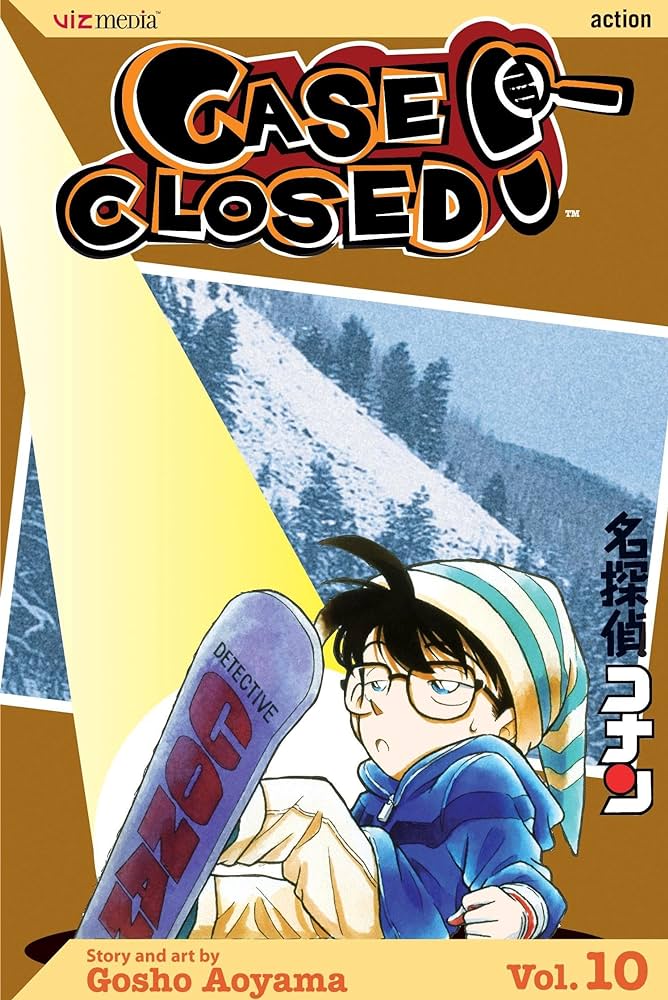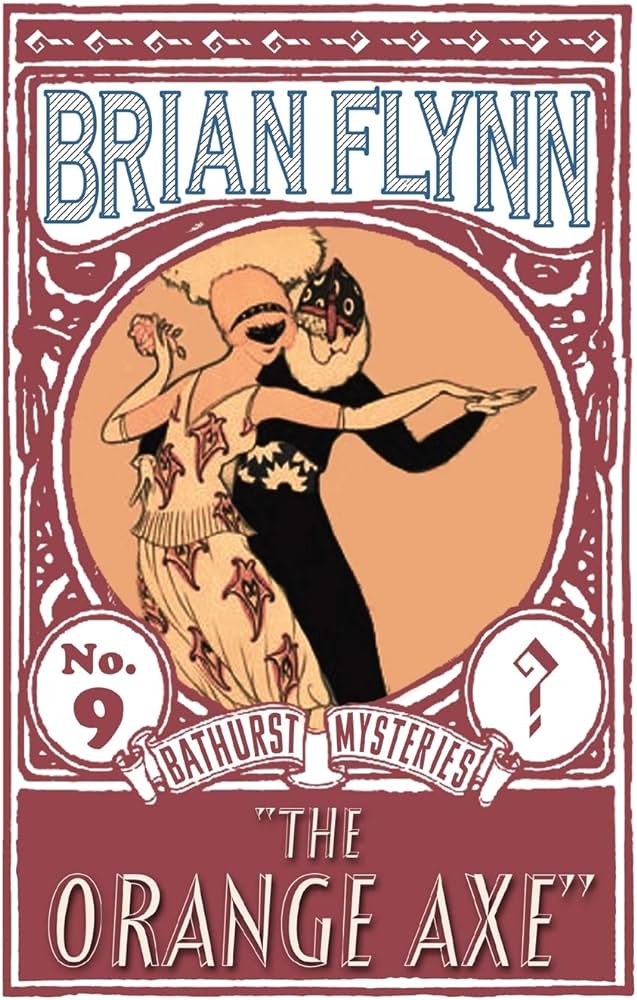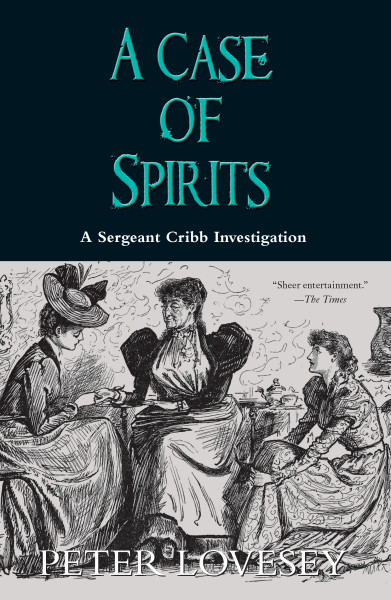
Originally Published in 1946
Inspector French #26
Preceded by Enemy Unseen
Followed by Silence for the Murderer
There are only enough radar valves for the Home Forces or for North Africa, not for both. The only means of distribution is a special train and the only person who can prevent information being revealed to the enemy is Inspector French.
Published in 1946, Death of a Train is set at the height of the Second World War and sees Inspector French taking on a case which has profound implications for the whole British war effort.
Crofts begins by detailing discussions in the War Cabinet in which the Prime Minister, the Right Honourable Severus L. Heppenstall, is asked to decide on how to allocate Britain’s dwindling stocks of radio valves. There are nowhere near enough to serve the needs of the British army both at home and on the African front so the decision is made to try to sneak them out of the country by train to Plymouth then by boat.
The early chapters follow the preparations as they are made and we learn exactly what measures are being taken to disguise the shipment. The point that the reader will take on board is that only a couple of figures had knowledge of the shipment and its movements so when an attack occurs on the line it creates a panic that there must be someone leaking from high office.
These early chapters feature a lot of technical discussion of the train and the logistics of assembling and loading it. This clearly was of enormous interest to the writer who takes pains to try and explain these elements to the layman who may be reading the book to allow them to follow what is happening. These efforts are, in my opinion, only partly successful. Certainly I think the reader can follow the action without any specialist knowledge but progress can feel a little slow and, quite frankly, I felt a little bored.
That feeling changed however for me when we get to that moment where the train is attacked. Crofts gives us a dramatic and quite visceral description of what happens to the train that brings that moment to life and communicates a sense of the enormous power and force of the train. I rarely think of action-writing as one of the author’s strengths so this was a nice surprise and, after chapters of slow build-up, it does move us into the more interesting territory of an investigation.
After a brief inquest, Inspector French is dispatched to investigate what is going on. However, because of the sensitivity of the investigation, he cannot be seen to be directly involved in the case as to directly investigate would tip off those responsible that they were suspected. The solution is that a second case will be investigated at the same time, albeit one that is wholly fictitious, that will justify him asking questions in the area.
Crofts’ depiction of wartime Britain is excellent in many respects. He certainly captures the challenges of maintaining secrecy, even between government departments and cabinet colleagues, and I think he does a very good job of conveying the gravity of the situation, even if he is a little hazy at points about exactly why the radio valves are so important.
Other aspects of the period play an important part in the story at points such as civilians’ sense of duty and volunteerism, the attitudes of the soldiers working to load and unload goods as well as the blackout which both limits French’s choices and opens up possibilities for him at different points in the story. In general, I think Crofts makes good use of his wartime setting.
While the initial terms of French’s inquiry suggest that we are in whodunnit territory, it soon becomes clear that this is going to be a thriller rather than a fair play mystery. In fact it would be hard to think of any aspect of the plot that the reader has any chance of working out prior to French. This struck me as quite reminiscent of some of the earliest French stories like The Box Office Murders and I must say it is not my favorite style for Crofts to be working in. That being said, he does incorporate some interesting espionage elements and ideas that I do think were worth exploring.
One of the ideas that Crofts uses most successfully is the need to hide that the detectives are on the trail at all. Throughout the book there is a sense that someone might be watching and so he can never let on to how the investigation is progressing except to those in the highest authority. This, of course, is also the reason that a decision is made to commission a false crime to give separate grounds for French to come to the area and investigate.
This, for me, was the book’s most compelling idea but it is one that I think is not fully exploited. The sequence in which we see the elements of the phantom investigation being set up are quite fascinating and creative but once French is on the scene he doesn’t really acknowledge his reason for being there and he is never really forced to find a way to creatively maneuver ask questions about his real purpose as the setup seemed to hint he would.
This book also explores the idea of French as the wartime hero and his willingness to push the boundaries of what he is allowed to do in order to achieve his goals. Many of the earliest French novels show the detective purposefully misleading interviewees or engaging in covert actions using his skeleton keys and that side of his character is certainly on display here. What is different is the extent he is willing to take things to.
There are several instances in this story where French makes decisions for what he deems to be the greater good of the country and some of those risk significant harm to innocents and, in one memorable instance, to himself. This results-driven French is always interesting to read and Crofts handles him quite well, making it clear that he is compromising his own moral comfort for the war effort. In one instance what he is willing to allow to happen to preserve the secrecy of his investigation is quite shocking and certainly pushes this idea far further than I have ever seen in a French story before.
This brings us to the ending and here, frankly, we have a bit of a mixed bag. Crofts’ depiction of his villain is rather bland, offering them little depth or definition and never allowing us to really get to know them. Still, the final few pages are actually quite thrilling and return to the book’s most successful themes, rounding things off quite well.
It makes for a solid end to a mid-level Crofts adventure that features plenty of wartime adventure and espionage but at the expense of any sort of a puzzle element. The heavily detailed early chapters may delight train enthusiasts but I found them hard going. Still, the wartime setting is interesting and the espionage elements are used well.
The Verdict: A solid wartime adventure story but as a puzzle mystery it disappoints.
Vintage Mysteries Challenge: Set during WWI or WWII – wartime setting is obvious (When)




Leave a comment